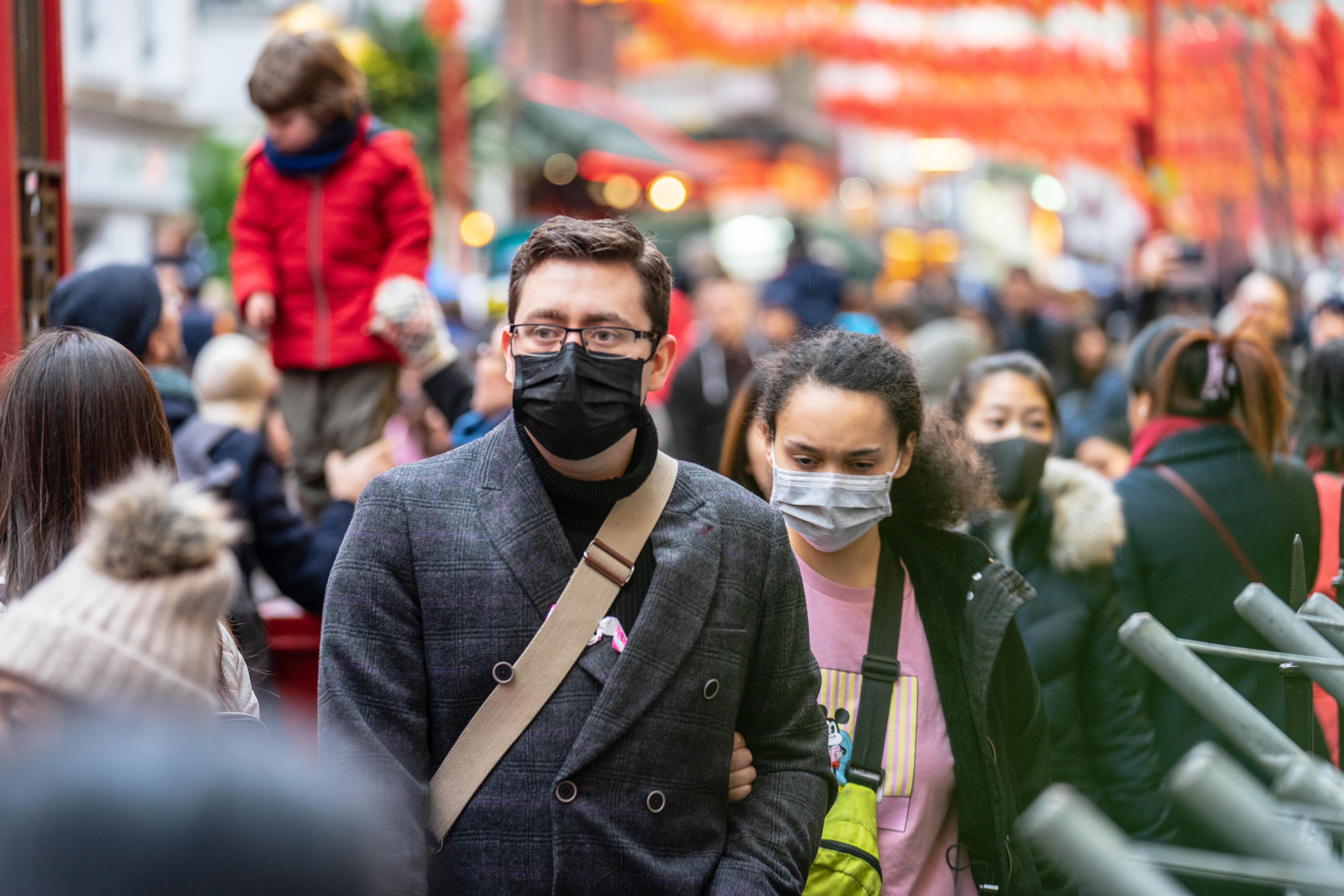Our Work During the COVID-19 Crisis

Our focus these days—like yours, I imagine—is largely on the spread of COVID-19 and its dire consequences. But our work goes on. With our staff working remotely, we’re continuing to keep a close eye on developments related to human biotechnologies and their social justice implications. This pandemic points to the relevance of concerns about social inequality. We are seeing in real time how vulnerable groups disproportionately experience risks and harms.
Across the globe, most of us are grappling with physical, social, and economic disruptions. We are also seeking new ways to pursue our activities, interests, and relationships with others. With that understanding, we’ll continue to share our work with you periodically in the weeks to come. We’ll also be launching new resources for educators, both teachers and parents, who are adapting to teaching remotely and looking for creative ways to address the social meanings of assisted reproduction and human genetics.
Here’s the latest:
Just before the pandemic hit, CGS’s Katie Hasson participated in the Doha Debate titled Future of Genetics—Should We Create Superhumans? Going head-to-head with Julian Savulescu and Jamie Metzl, and in the company of 4.9 million Twitter viewers, Katie highlighted the social justice and human rights implications of heritable genome editing. Watch the debate here.
Katie and I, along with Donna Dickenson (author of Me Medicine vs. We Medicine), recently penned an op-ed for Project Syndicate laying out the case against heritable genome editing. Drawing on the arguments made by the 21 authors of The Geneva Statement on Heritable Human Genome Editing: The Need for Course Correction, we point out why current efforts to move toward heritable genome editing are deeply problematic.
If you’re looking for a quick accessible overview of the issues related to heritable genome editing, check out my recent TEDx Talk at Laguna Blanca School in Santa Barbara: “Use Gene Editing to Treat Patients, Not Design Babies.”
Finally, during this time of uncertainty and mounting economic pressure, we would like to direct you to some of the resources and advocacy work being done by disability rights and advocacy organizations. COVID-19 poses particular risks to people with certain disabilities or chronic health conditions, and policy responses to the pandemic may increase the economic, social, and medical vulnerability of disabled people. We can also learn resilience from disability communities’ recognition of interdependence, experience with social distancing and virtual participation, and mutual aid efforts. In that spirit, we provide links to some disability rights organizations with which CGS has worked:
Stay tuned, and stay well.



